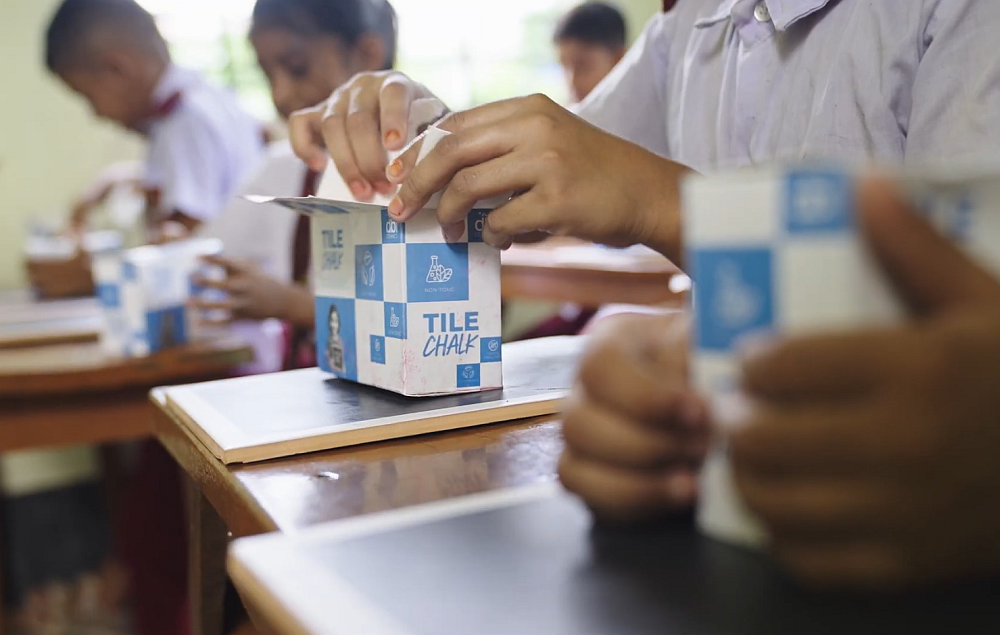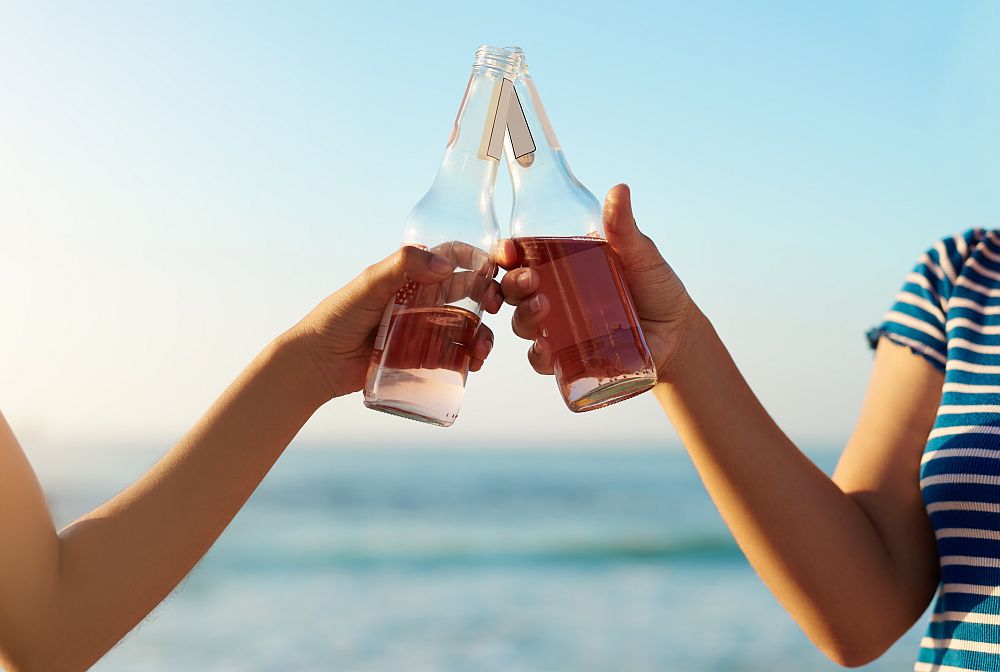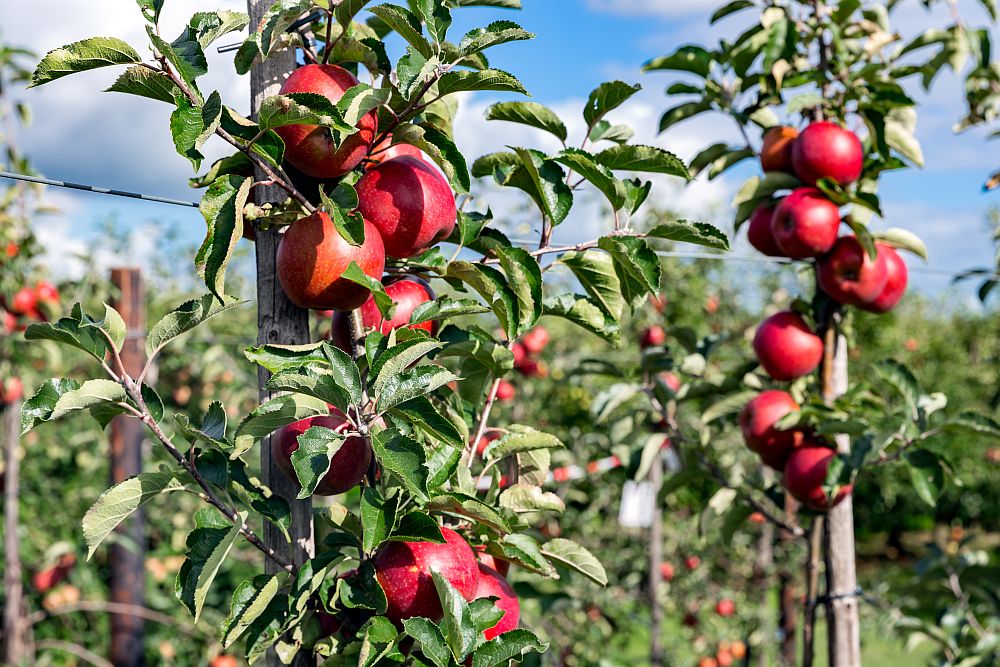
[Image above] The first-generation prototype of Coca-Cola’s paper bottle contains a recycled plastic closure and liner inside the paper shell. The end-goal is to replace the plastic with a bio-based coating. Credit: Paboco – the paper bottle company, YouTube
The problem of plastic waste is a topic we’ve covered frequently on CTT. We generally discuss the ways in which glass can help combat this issue, but glass is not the only material that will play a role in replacing plastic packaging.
Aluminum is another popular alternative for replacing plastic beverage containers. The superiority of glass or aluminum for lifecycle sustainability is debatable, but aluminum is not actually the focus of today’s CTT. Instead, we are going to consider a material typically not associated with holding liquids—paper.
A typical piece of paper is composed mostly of stiffened cellulose fibers held together by strong hydrogen bonds. When paper is soaked in water, the water molecules will break apart these bonds to form their own bonds, thus weakening the paper and making it easier to tear.
Many common beverages such as milk and juice consist mainly of water, so paper by itself cannot hold them very well. However, in the early 20th century, people realized that coating paper with a thin layer of wax or plastic allowed it to hold beverages quite well, and thus, for a time, lightweight paper cartons replaced glass bottles as the standard in the milk industry.
Compared to plastic bottles, paper cartons contain substantially less plastic, which ostensibly is better for the environment. However, because of the mixed materials composition, paper cartons are not as easy to recycle as pure plastic. (Though they will degrade faster compared to plastic in a landfill.)
For paper cartons to truly gain an edge over plastic bottles in terms of lifecycle sustainability, they would need to be made entirely of paper. But based on water’s effect on paper, is designing such a container possible? That is the question The Coca-Cola Company is looking to answer.
Coca-Cola is an infamous contributor to plastic waste, ranking as the world’s number one plastic polluter according to an annual survey by the charity Break Free From Plastic. To combat this image, Coca-Cola launched the World Without Waste initiative in 2018, which commits to making Coca-Cola packaging 100% recyclable by 2025 and using 50% recycled material in their bottles and cans by 2030.
Late last year, Coca-Cola announced a partnership with Danish startup Paboco to develop a bottle made completely out of paper.
“Our vision is to create a paper bottle than can be recycled like any other type of paper,” says Stijn Franssen, R&D packaging innovation manager at Coca-Cola Europe/Middle East/Africa, in the press release. “A paper bottle opens up a whole new world of packaging possibilities, and we are convinced that paper packaging has a role to play in the future.”
Michael Michelsen, business development manager at Paboco, says the project is still in its initial stages of development, as evidenced by the fact the first-generation prototype contains a recycled plastic closure and liner inside the paper shell. However, eventually the plastic will be replaced with a bio-based coating that withstands both water vapor and oxygen transmission, according to the Paboco website.
In February, Coca-Cola announced that it plans to trial the paper bottle prototype through a limited online trial in Hungary this summer. Specifically, “A run of 2,000 bottles of the plant-based beverage AdeZ will be offered in the pioneering package via e-grocery retailer Kifli.hu,” the press release explains.
Franssen stresses that while the trial is a milestone, they are still conducting extensive lab testing to achieve the desired end-goal of a 100% paper bottle.
“This is new technology, and we are moving in uncharted territory. We have to invent the technical solutions as we go along,” he says.
You can see Franssen explain more in the video below, which was released along with the initial announcement of the partnership last fall.

Credit: Paboco – the paper bottle company, YouTube
Author
Lisa McDonald
CTT Categories
- Environment
- Material Innovations


